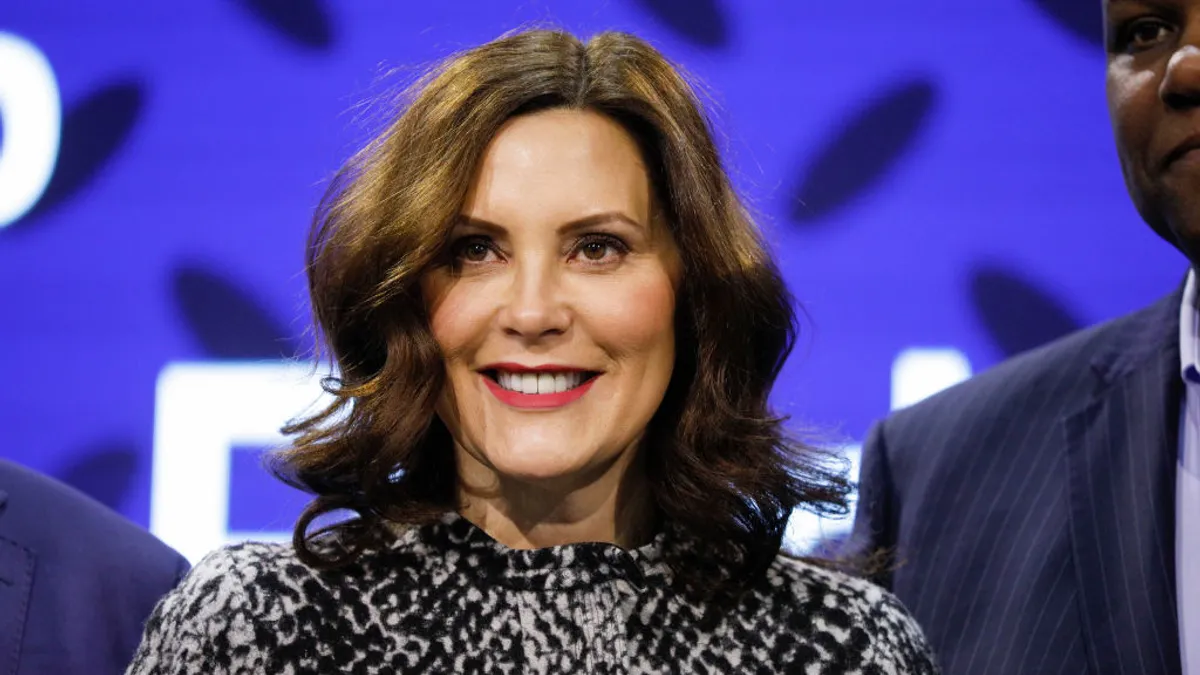In the wake of a recent 11th hour agreement averting a Michigan budget crisis, proponents of the state’s certified public accountant licensure reform bill want to see similar just-in-time action pushing the CPA legislation to passage by year-end.
“This year, that’s the hope,” Bob Doyle, CEO of the Michigan Association of Certified Public Accountants, said in an interview, noting that he anticipates that the resolution of the budget should help free up lawmakers to move forward with other legislation such as the CPA reform bill.
If that timing is realized, Michigan could help bring closer to the halfway mark the number of states that have put CPA pathways bills on the books this yearwhich set up new rules that don’t require candidates to complete 150 hours of college credits, effectively a fifth year of college, to become certified. New York, where the legislation is still awaiting Gov. Kathy Hochul’s signature, and Massachusetts, are also viewed as contenders to do so in 2025, CFO Dive previously reported.
Michigan’s legislation (HB 4893) was first introduced last month by state Rep. Mark Tisdel, who chairs the House Finance Committee.
MICPA is hoping to get the bill heard by the Finance Committee as early as next week. But there’s a wrinkle: Doyle said the original bill needs to be amended to align with the industry’s Uniform Accountancy Act that many states are using as a legislative guideline as well as to fix details related to the years of experience needed by candidates.
A spokesperson for Tisdel’s office said the revisions are “part of the legislative process” and that the plan is to introduce the substitute language, shared with CFO Dive by both the spokesperon and Doyle, at the next committee meeting.
Working with the sponsor’s office, Doyle said the revised legislation would keep the state’s existing pathway that requires 150 college credit hours (a baccalaureate degree plus 30 credits or baccalaureate plus a master’s), along with one year of qualified work experience and passage of the CPA exam, while adding a new route to a CPA license which includes a baccalaureate degree plus two years of qualified work experience and passing the exam. A baccalaureate is equivalent to a bachelor’s.
The draft will not include an effective date, but Doyle said the idea is for the bill to be effective when signed into law by Gov. Gretchen Whitmer. While Doyle said it’s not a “big deal” if the legislation does not get passed this year, he added that he would prefer to be aligned with other states, noting that there’s great interest in the change.
“I want to get it moving, I don’t want to wait,” Doyle said.
Supporters of alternative pathways hope to ease an accounting talent shortage by removing what they say is a costly barrier that typically equates to a total of five years in college or graduate school. Some critics have raised concerns about a messy transition period to the new requirements as well as worries about a potential lowering of standards while proponents note that many older CPAs were licensed before the current 150 hour requirement was in place.
The 22 states that have put CPA pathways laws in place to date this year are: Ohio, Virginia, Utah, Indiana, New Mexico, Iowa, Texas, Georgia, South Carolina, Tennessee, Minnesota, Montana, Oregon, Nevada, Hawaii, Alaska, Illinois, Connecticut, North Carolina, Pennsylvania, Delaware and California.
Keep up with CPA licensure changes with CFO Dive’s tracker on the topic here.














